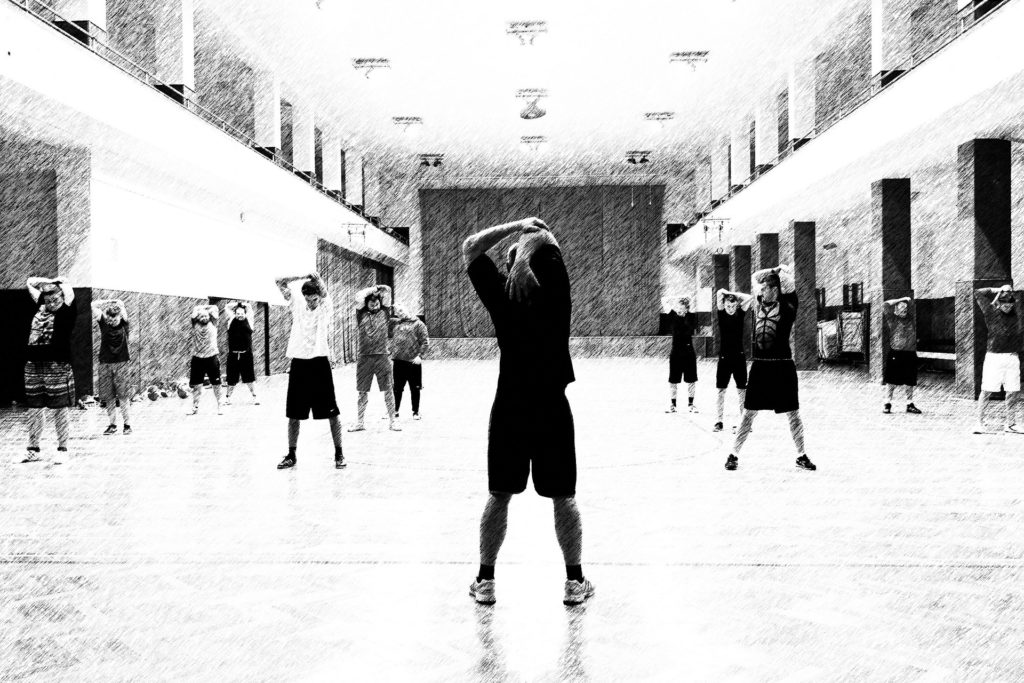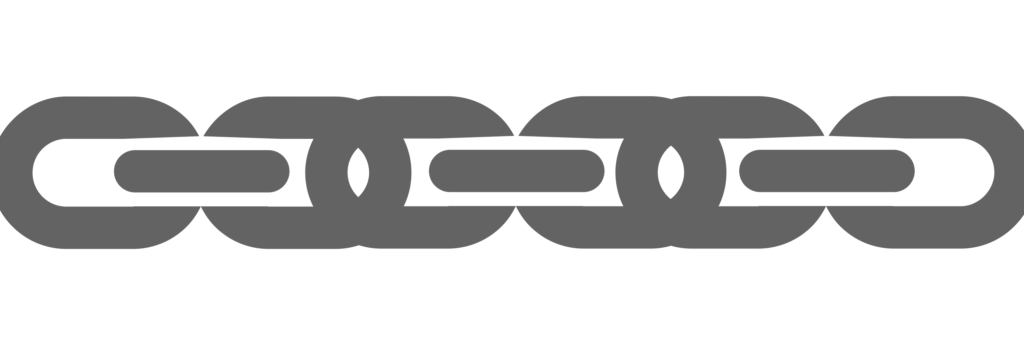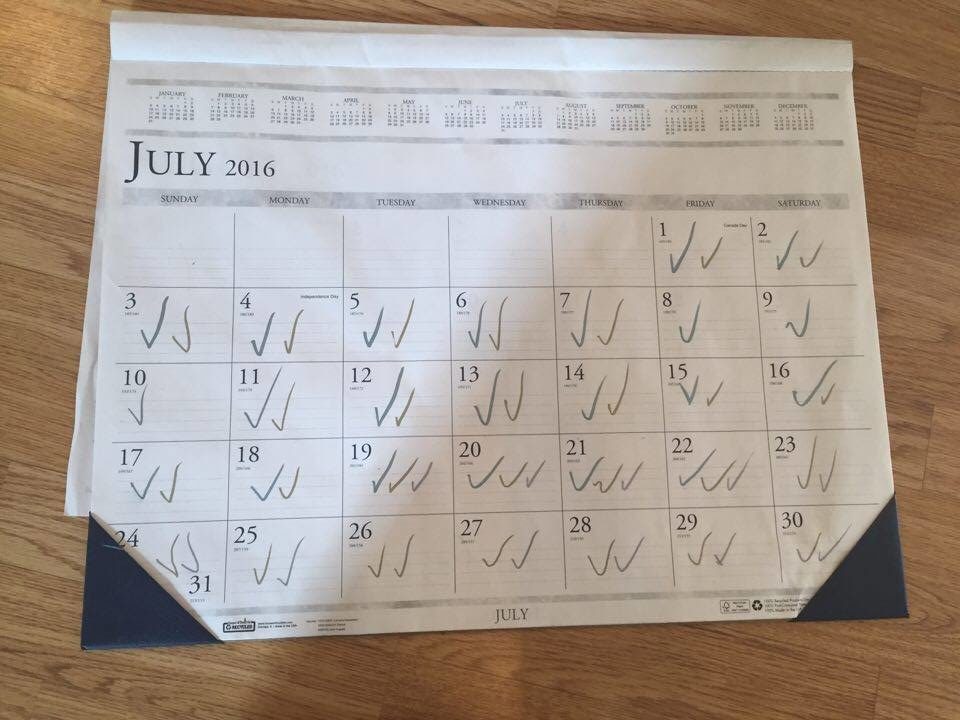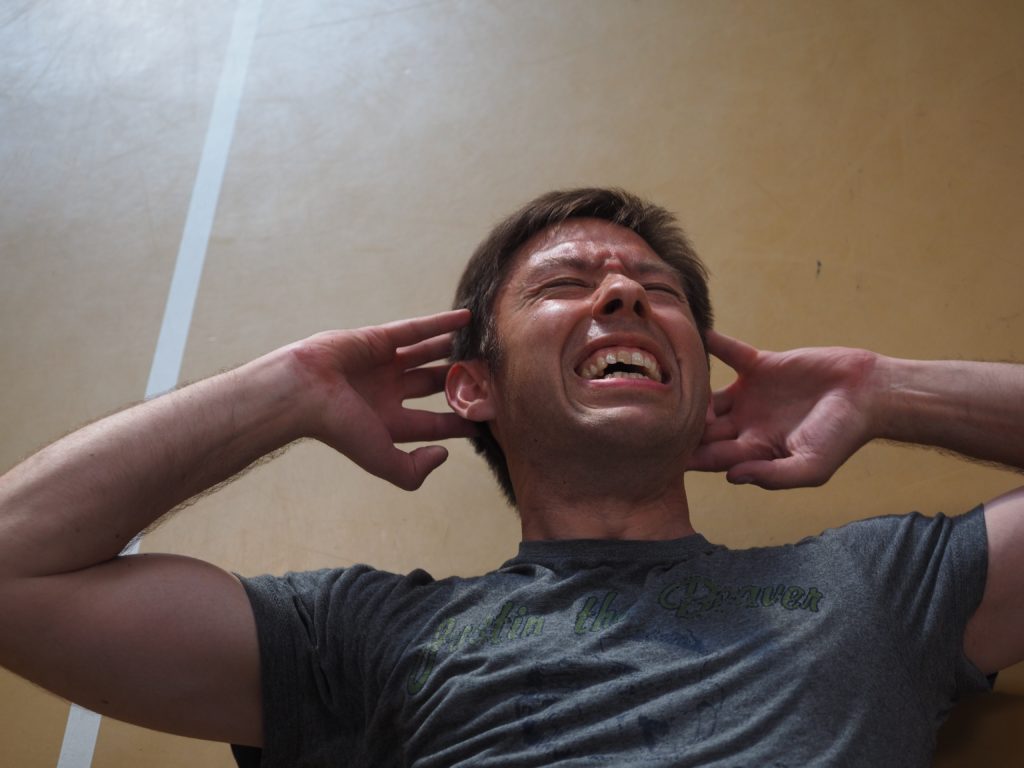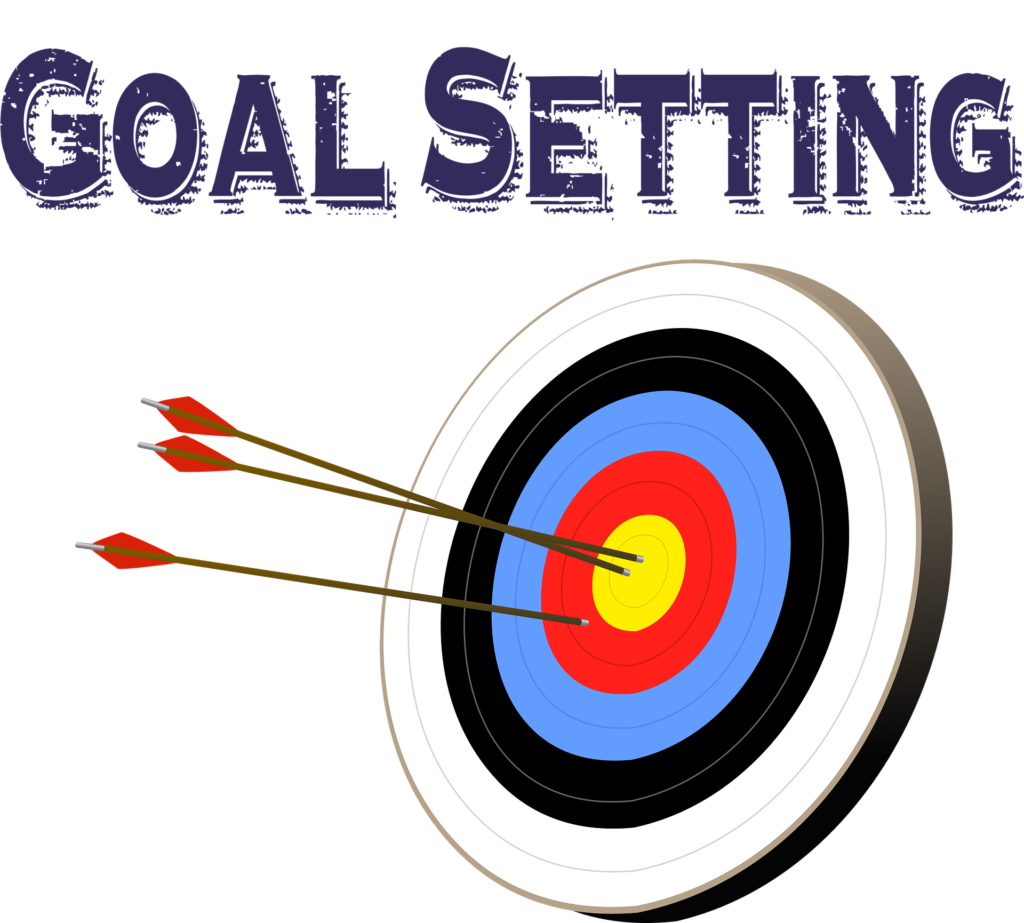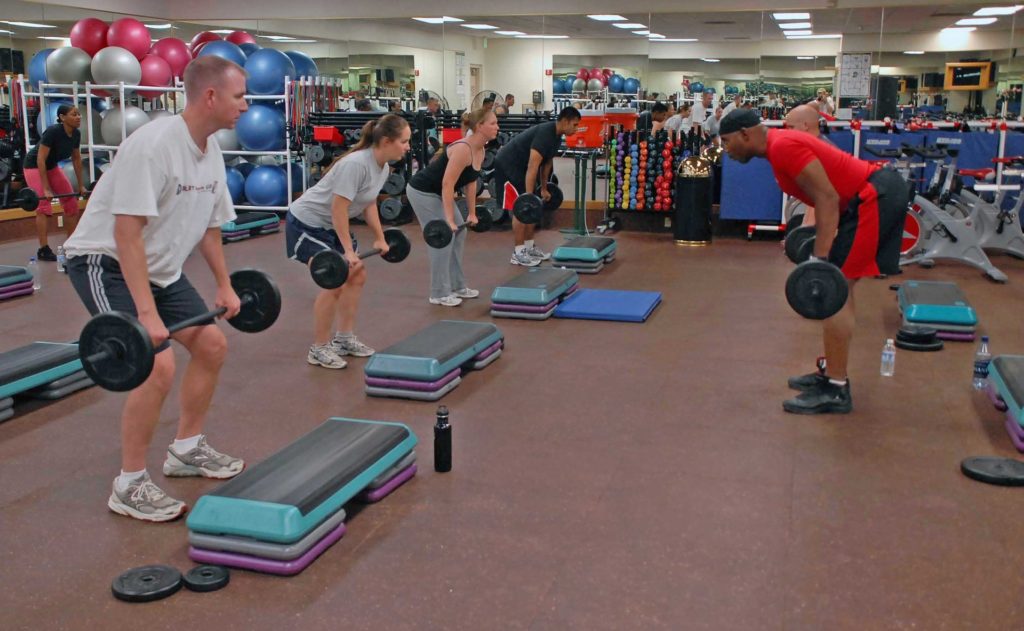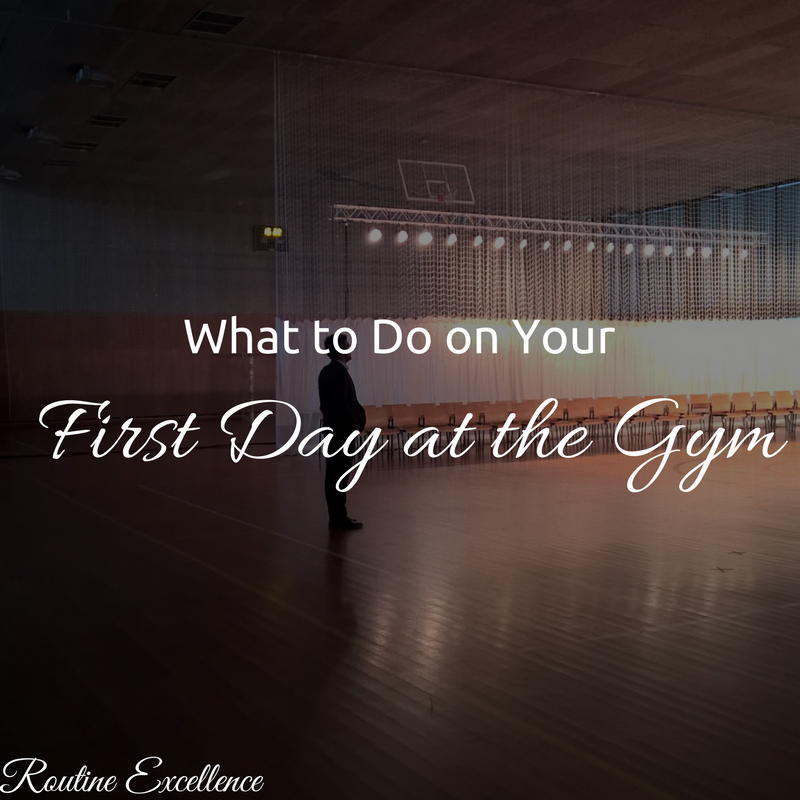
I was a scrawny nerd with no self-confidence, maybe a couple of friends, and I was going to spend my life doing research in psychology.
None of that is true anymore.
But changing that story took time. I always knew I wanted to change, but I had locked myself into a particular narrative for my life, and my role in that narrative was locked too.
I was convinced that I couldn’t really ever be fit and muscular. I was frustrated because I would work out for 2 weeks…and then quit for 6 months. When I did work out, I pulled my workouts from YouTube videos because I wasn’t sure what else to do. When I told people what I was trying to do, they asked “why would you want to do that?”
Luckily, I was wrong.
But stories are powerful.
We have a seemingly innate tendency to create stories for ourselves (and everything else). One of the earliest studies in storytelling showed that we’ll even create narratives to explain the actions and thoughts of simple shapes.
Legendary cognitive psychologist Jerome Bruner repeatedly argued that we use stories to construct our realities. We make sense of the world around us by creating narratives to explain events. The way you tell your story matters.
I do this. You do this. “I want to work out, I just struggle to get motivated,” is a fitness story. “I’ve always dreamed of being fit, but I’m not sure where to start” is another one. I’ve definitely experienced both.
As Jean-Luc Godard once said “A story should have a beginning, a middle, and an end, but not necessarily in that order.” If we unpack “I’ve always dreamed of being fit, but I’m not sure where to start,” it’s easier to see how this is just a story:
- “I’ve always” implies that this has been going on for a long time. It’s the story’s beginning.
- “Dreamed of being fit” implies that you aren’t fit right now. It’s the end you’re hunting.
- “I’m not sure where to start” is the middle of the story. It’s where you are right now.
As psychology research on personality shows, you tend to tell your story in the same way over time. Measuring storytelling is actually becoming a way to measure personality.
But that doesn’t mean your stories can’t be changed if you recognize them for what they are.
One of my favorite articles ever on the internet is The Story I’m Telling Myself. When you respond to any event or make any kind of decision, you are telling yourself a story that may or may not be true.
When I was tempted to skip the gym after work I would tell myself “I’m tired and I have errands to run. It’s just one workout. I can make it up tomorrow.”
Of course, I don’t skip workouts anymore. Clearly that story wasn’t true.
When are stories useful?
The stories you tell yourself can be useful too. If a friend snaps at you angrily, there are a few stories you can create:
- My friend is a mean and angry person
- My friend is a good person that’s had a rough day
- I did something to upset my friend without meaning to
- I’m a terrible person because I made my friend mad
Obviously, some of those stories are more helpful than others. With the middle two stories, you can figure out what’s wrong and work from there. With the others…things probably aren’t going to turn out as well.
How is this helping me be fit?
What fitness stories are you telling yourself? How are you constructing your reality?
If you wonder how to start your fitness journey, there’s a hidden story that’s affecting you.
If you say “I’ve tried everything, but nothing seems to work for me,” you’re telling yourself a story. Is it really true?
If you say “I’m just so busy. It’s hard to find the motivation to work out,” you’re telling yourself a story. You can change it.
My story changed from “scrawny nerd destined for life in the lab” to “guy that loves fitness and works in business as a writer (and maybe is still also slightly a nerd).”
My fitness story turned into a fitness success story. But it didn’t get there overnight.
Tell your story. Your new story.
To change your story, challenge it. If you’re too busy to work out, can you do 1 push-up? If you’ve tried everything, can you find success stories of other approaches? Gradually chip away at your assumptions to rebuild and reframe your experience.
Instead of “I’m too lazy and can’t get motivated” say “I’m having trouble figuring this out, but maybe there’s another approach that would work.”
Instead of “I dream of being fit but don’t know where to start,” say “I don’t know everything, but I can do something.”
I was a scrawny nerd headed to the lab. Now I’m the fit writer that loves exercise science and psychology.
In one sentence, what’s your story?
